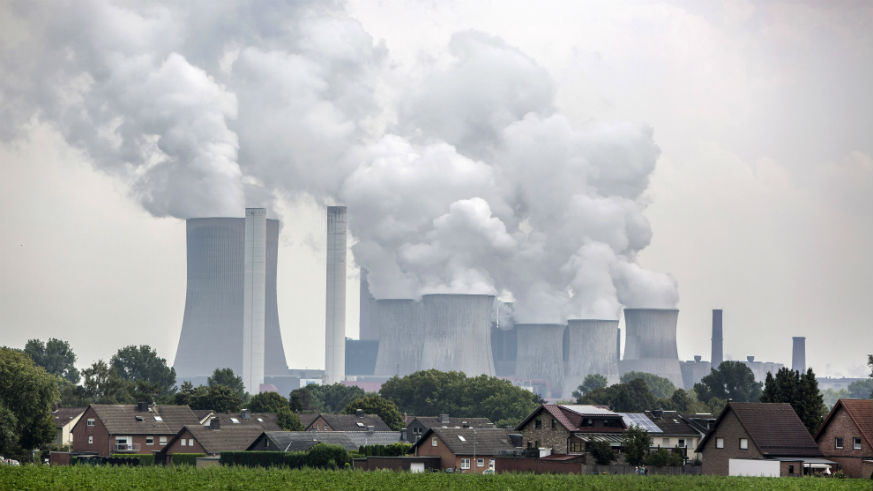The World Health Organization estimates that 92 percent of the world’s population lives in places where air pollution is higher than its accepted levels. This leaves much of the planet susceptible to air pollution human health effects, which include everything from chronic respiratory illness to even cardiovascular disease, stroke and lung cancer developed directly because of indoor and outdoor air pollution.
Even the unborn are at risk, according to a new study published in the journal JAMA Pediatrics. In the study, European researchers studied 641 Belgian newborns and found that the babies born to mothers exposed to higher levels of nitrates, sulfates and large carbon particles — like through car emissions and smoke from residential heating fuels — had shorter telomeres than babies born to mothers with less exposure.
What are telomeres and why are they important?
Telomeres are distinctive DNA structures found at the end of each chromosome and protect the “data” of each chromosome, making it easier for cells to divide. The telomeres also shorten with each divide, meaning that the cell can no longer divide and eventually dies. So, the babies born with shorter telomeres have cells that will age faster than babies with longer telomeres.
And the shortening is not insignificant: According to the researchers, babies born to mothers exposed to higher levels of air pollution had 13.2 percent shorter telomeres in their placenta cells and 8.8 percent shorter telomere in their cord blood cells. The most significant damage happened when mothers were exposed to high air pollution during the second trimester.
What does that mean for these babies when they grow up?
“Our results may have important health consequences later in life because a shorter [telomere length] at birth indicates less buffer capacity for postnatal influence of insults,” the researchers wrote in the study. In other words, this could increase inflammation which, in turn, is shown to be an influence is developing diseases like cancer.
More study is needed to make a conclusion, according to the researchers, because they only studied a small number of mothers and newborns from a small area — and they didn’t account for the mothers’ travel while pregnant.
However, it does show that air pollution does have a very real impact on everyone, including the unborn — and researchers say that continuing to work for better air quality could “promote longevity as from birth onwards and may enhance overall quality of life.”


















